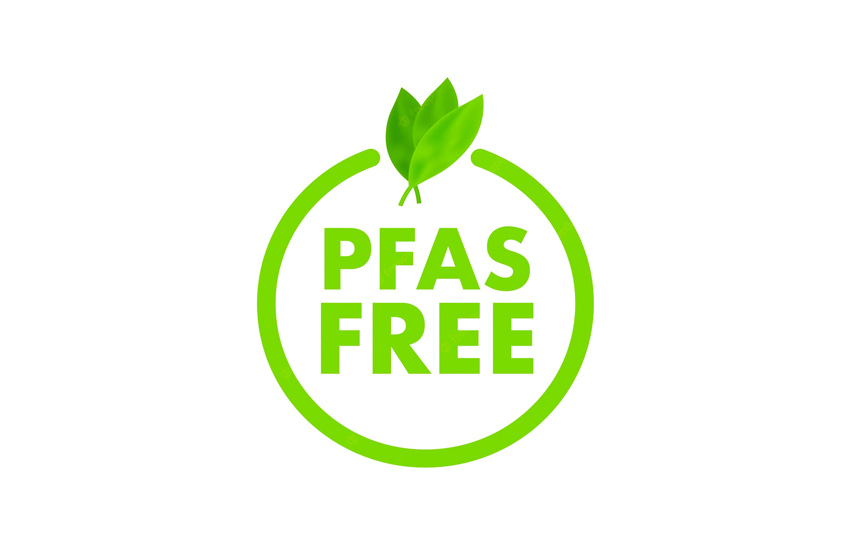
New EPA Rules Target PFAS Chemicals, AKA “Forever Chemicals”
Proposals for new regulations are placing the chemical manufacturing industry in the crosshairs of the U.S. Environmental Protection Agency (EPA). Following closely on the heels of recent proposals to tighten methane emissions from the oil and gas industry, this new round of EPA proposals addresses chemical manufacturers' discharges of perfluoroalkyl and polyfluoroalkyl substances, or PFAS chemicals, also known as "forever chemicals."
However, even with increases in environmental legislation looming on the horizon, industry execs already investing in digitization are sighing with relief. That is because digital solutions are helping U.S. industries roll with the EPA's punches, even in potentially explosive Zone 1 production environments.
Read on to learn more about newly proposed EPA regulations targeting PFAS contamination by the chemical manufacturing industry. We will also explore digital tools and technologies that empower organizations to implement new compliance programs quickly, while never missing a beat in busy production schedules.
Why PFAS Chemicals Are "Forever Chemicals"
PFAS chemicals, a class of over 4,000 different chemicals, have been present in commercially manufactured products since the 1940s. By joining carbon and fluorine, PFAS chemicals produce one of the strongest bonds in organic chemistry. They have exceptionally long half-lives, which is why we also call them "forever chemicals." Because of the strong bonding power of PFAS chemicals, they offer excellent resistance to heat, moisture, and stains, making them especially useful for everyday household items. Everything from fast-food wrappers and food packaging to nonstick pots and pans, rainproof clothing, stain-resistant carpet, and a wide variety of cleaning products contain PFAS chemicals.
Due to emissions and discharges occurring regularly during the manufacturing process, PFAS chemicals are highly pervasive toxins. Like greenhouse gases accumulating in our atmosphere, PFAS chemicals don't biodegrade, but instead, they constantly contaminate our air, water, and ecosystems. These "forever chemicals" are detectable throughout the food chain, resulting in PFAS contamination in our food, drinking water, and our bodies.
Targeting PFAS Contamination by Manufacturers
The Biden Administration wants to reduce PFAS contamination in drinking water because exposure to these "forever chemicals" can cause thyroid disease, certain cancers, and other negative health impacts. The first step, taken in October 2021, proposes that chemical manufacturers monitor and publicly report on the presence of PFAS chemicals.
Announcing additional progress in April 2022, the EPA is now providing a strategic roadmap for researching, monitoring, detecting, and addressing PFAS contamination. Within the roadmap is a rule requiring all manufacturers (including importers) of PFAS chemicals in any year since 2011 to provide the EPA with a wide range of data. They must also include information on how they are using certain PFAS chemicals.
"When it comes to tackling PFAS," states Principal Deputy Assistant Administrator Michal Freedhoof, "EPA is committed to strengthening our rules, improving our data, and advancing our understanding of these complex chemicals, and then using this information to make informed decisions to protect people and the environment."
Trust Aegex Technologies for Chemical Manufacturing Solutions
Turn to Aegex Technologies for world-class enterprise-level digital solutions for the chemical manufacturing industry. Aegex digitization tools are purpose-built for potentially explosive environments commonly found in chemical manufacturing. Ensure the safety of your entire workforce with cost-effective Aegex technologies, tools, and solutions globally certified and intrinsically safe for UL Class I, II, III Div 1, and ATEX/IECEx Zone 1 environments.
Leverage the power of artificial intelligence and machine learning with our innovative IoT-connected NexVu sensors for environmental monitoring and data collection. Read and share real-time sensor information, data analysis, and compliance reports with on-site and remote personnel via our aegex10TM Intrinsically Safe Tablets.
As a leading-edge digital design and engineering firm, we offer chemical manufacturing solutions you can trust. If your organization wants to implement a cost-effective compliance program without missing a beat in your busy production schedule, let us help. Contact us here for more information.
